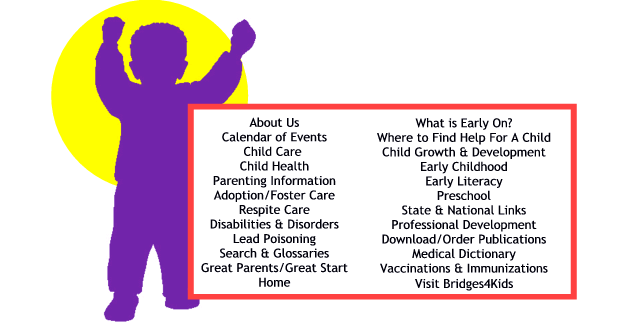|
from
KeepKidsHealthy.com
Preventing food allergies may be possible, especially if your child is at
high risk of having a food allergy, including already having an allergy to
another food or formula, having other family members with food allergies,
or having other 'allergic' type conditions or family members with these
conditions, such as eczema, allergic rhinitis (hayfever) and/or asthma.
Most importantly, breastfeed and avoid supplementing with infant formula
or offering solids for at least the first six months of your child's life.
If you are not breastfeeding or need to supplement, then consider using a
hypoallergenic infant formula such as Nutramigen or Alimentum (soy
formulas and goat's milk may not be good alternatives, because many
infants that are allergic to cow's milk may also be allergic to soy). If
you are breastfeeding, then you should avoid peanuts and tree nuts in your
own diet, and consider avoiding milk, fish and eggs too (discuss this with
your doctor, as avoiding too many foods may cause poor nutrition).
If your child is at high risk of having food allergies, you should also
delay offering solids until he is at least six months old (and continue
breastfeeding), and begin with an iron fortified infant cereal. It is best
to start with rice and oat cereals and introduce wheat cereals later. Next
you can introduce vegetables, but avoid legumes (foods in the bean and pea
family) at first, and then non-citrus fruits and fruit juices. Meat and
protein foods can be added once your child is 8-9 months old.
Foods to avoid until your infant is at least a year old include cow's milk
and other dairy products, citrus fruits and juices, and eggs until he is
two. Also, avoid giving peanuts (as smooth peanut butter), fish and
shellfish until your child is at least three years old. Whole peanuts and
tree nuts should be avoided until your child is four because of the choke
hazard.
When you do introduce new foods, do so slowly and only give one new food
every four to five days. This way, if your child does have a reaction or
allergy, then you will know which food caused it and you will be able to
avoid giving it again.
Resources on the Web
Nutrition Information -
http://pediatrics.about.com/cs/nutrition/
Infant Formula Information -
http://pediatrics.about.com/cs/infantformula/index.htm
This article
can be found on the web at:
http://www.keepkidshealthy.com |
